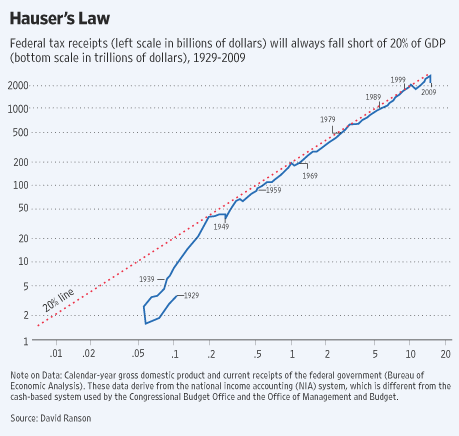I've been accumulating a number of open browser windows, and need to get them closed.
The only way I can close them is to write about them. So here is a mish mash of things
I've collected.
The first collection looks at gold price manipulation. Many commentaters are saying
that gold is a safe investment for protection against today's faltering fiat money systems.
They are also saying that gold could reach highs of $1500, $2000, or even $7000.
Various conspiracy theories are indicating that JP MOrgan is acting on Government orders to
keep the price of Gold and Silver down. This could be one indication of why the price of
gold has been trading sideways for the last fews months in direct defiance of all the
money being thrown gold's way through direct investment, futures, and ETFs.
ZeroHedge has a
lateral reference to market manipulation via an article on the current Coco futures market sqeeze.
To profit from the market's manipulation of the gold market, some people have put together intraday average price
charts which show some interesting entry and exit times.
In any case, it could be said that the bullion banks are
manipulating the market technicals
in order to obtain a market correction for getting rid of their disportionate
shorts in the futures markets. The Market
Oracle thinks
that gold is going down, lots due to
a broken wedge formation.
If gold is indeed going down, bullion bank's shorts could be cleared, and this could represent a buying opportunity
for gold. It is unclear how far the correction could go. But in any case, most places I read indicate that getting
into gold is a good thing. And to keep it for a while. Possibly a long while, as described by
Dylan Grice Discusses When To Take Profits On Gold: Hint - Not For A Long While.
Even while gold is undergoing some weakness, the
Wall St. Cheat Sheet
figures that it has considerable upwards strength. Once the manipulation is taken away, the price of gold could quickly get out of hand.
Market Leading Indicator
ETF Daily News offers a possible leading indicator:
Watch The 20+ Yr Treasury Bond ETF For Clues To Likely Stock Reversals? (TLT, SPY, IEF).
Hauser's Law
The government, any government, has an insatiable hunger for more and more money. On the US side of things,
there is talk of instituting a value added tax (VAT). Will it do any good?

According to an article written by David Ranson called
The Revenue Limits of Tax and Spend,
there appears to be a limit to how much tax a government can collect through it's various mechanisms.
Hauser's Law indicates that Federal tax receipts will always fall short of 20% of GDP. So...
if the government ever became efficient, they would use the opportunity to close out other departments where
taxes collected decrease.
The Canadian Government instituted their GST, which is a form of production pipeline tax. Both the
GST and VAT could be seen as a form of consumption tax. If you don't consume anything, you don't pay taxes. I
suppose that could be seen as the best of a bad situation.
Spending
As governments spend and spend like there is no tomorrow, they create larger and larger deficits. Deficits
can be covered by printing more and more money. Because there is no physical basis on which money resides,
it is called a fiat money. That is, governments can simply pay for things with money
it prints electronically out of thing air. Because gold
is a physical quantity, and can be traded, it's value should rise with the inflation of fiat money. But the
markets are appearing to be manipulated. Big Money is holding things back. By inflating away the value of fiat
money, governments have a slim chance of making good on the money they've spent. But with today's economy
as slow as it is, some are warning we could go into a deflationary phase. Governments don't like that, as
it makes it hard to cover their debts.
On the US side of things, it is said that
The American Dream Is Quickly Becoming The American Nightmare. It is hard to cut back
when so many expect so much for so little.
Keynesians would like to spend more and more to get out of the economic malaize currently existing. But that
just doesn't make sense anymore. The tipping point has probably been reached. It would appear that
even if there were to be a recovery, the recovery wouldn't be substantial enough to pay back even a small
percentage of what is owed.
The blog Credit Writedowns has an article which provides some insight into
Misunderstanding Modern Monetary Theory.
For a background on hyperinflation, Dylan Grice writes on
Popular Delusions, Some useful things I've learned about Germany's hyperinflation.



